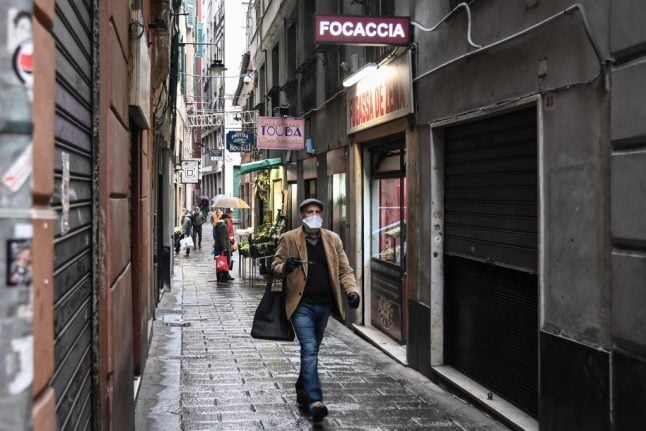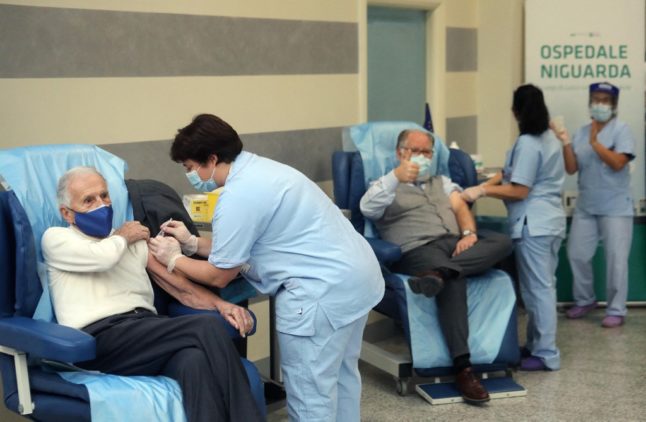Italy's latest step in its coronavirus lockdown is to “close down all productive activity throughout the territory that is not strictly necessary, crucial, indispensable, to guarantee us essential goods and services,” Prime Minister Giuseppe Conte announced on Saturday night.
He didn't spell out at the time which companies were considered “indispensable”, but his government on Sunday evening issued a break-down of the businesses that will be allowed to continue operating (available here).
Any services not on the list have until March 25 to wrap up outstanding orders and close their doors until at least April 3. However, “non-essential” businesses can continue to operate if all their staff work entirely from home.
The government has designated around 80 sectors “essential”, notably:
Food
Supermarkets, grocers, corner shops and all other stores selling food will remain open, with no nationwide restrictions on opening days or hours (though some regional authorities may limit opening hours locally).
Farming, fishing, and production of food and drink will also continue.
Pharmaceuticals
Pharmacies and parapharmacies (shops selling non-prescription health products such as first-aid kits, vitamins, sanitary towels, contact lens solution, etc) are still open, with no limits on opening hours.
The production of pharmaceuticals and medical equipment continues.

Workers sew face masks at a textile factory in northern Italy. Photo: Miguel Medina/AFP
Transport
Passenger and cargo transport by land, sea and air is still running – though as of March 23, people are no longer allowed to take public or private transport from one comune (city, town or village) to another except for urgent work or medical reasons. Previously people were allowed a little more flexibility to buy supplies or return home.
You can continue to take your own vehicle to a garage for repairs, or buy parts to fix it.
Accommodation
There are no nationwide closures of hotels and other accommodation, though the region of Lombardy has ordered those within its territory to close.
Newspapers
Publishers can continue making and distributing newspapers and magazines, while newsagents and news kiosks can continue to sell them.
Newsagents can also continue to sell tobacco products, though lottery tickets and all other gambling is halted.

Buying a newspaper in Milan. Photo: Miguel Medina/AFP
Also continuing throughout the lockdown:
- Everything necessary to continue to supply electricity, gas, water and fuel
- Garbage collection and treatment
- Sewage treatment
- Public administration (though offices like your local anagrafe may be operating reduced hours and encouraging residents to access services online where possible)
- Banking
- Post and delivery services (though many post offices have reduced their opening hours)
- Teaching (by distance: schools and universities remain closed)
- Legal services
- Insurance services
- Engineering
- Architecture
- Veterinary services
- Caregiving
- Electrical installation and maintenance
- Plumbing
- Cleaning and pest control
- IT and communications services
- Repairs of computers, routers, phones and other communications equipment, as well as home appliances
- Call centres
- Private security
- Scientific research and development
- Italy's aerospace and defence sectors
- Manufacture of plastic, wood, paper, card and rubber
- Manufacture of textiles and work clothing (though not regular clothes)
- Manufacture of coffins
All businesses still open are expected to protect the safety of their staff and customers by taking precautions such as distributing gloves and face masks and ensuring people keep at least a metre's distance between each other.
The restrictions are liable to be extended or revised by Italy's government in the coming weeks.



 Please whitelist us to continue reading.
Please whitelist us to continue reading.
Member comments